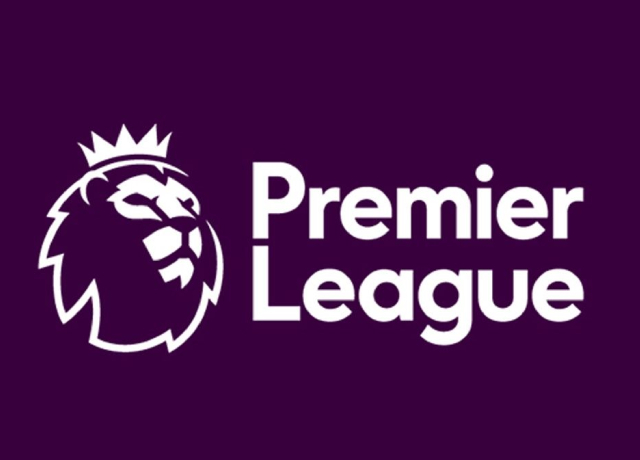This article will explain you the financial rules and regulations in Premier League
The Premier League has a set of rules in place to regulate the financial performance of its clubs. These set of rules are known as the Profit and Sustainability regulations.
The regulations are designed to ensure that clubs do not spend more than they earn and are financially sustainable in the long term.
The regulations have been put in place to prevent clubs from overspending. If these rules didn’t exist, clubs would have faced financial difficulties and even bankruptcy.
The Profit and Sustainability regulations state that clubs must adhere to the following conditions:
Limits on losses
Clubs are restricted in the amount of losses they can make over a specified time period. The maximum losses a club can make over three seasons is £105 million. This amount includes investment in infrastructure, academy facilities, and community facilities.
Limits on shareholder investment
The clubs must not receive more than £39 million in a single season from their owner. However, they can spend more if the money is used for the construction of new stadiums, training grounds, or youth academies.
Financial reporting
The Premier League operates a system of financial reporting and monitoring. It requires clubs to provide regular financial information. This information is used to ensure that clubs are adhering to the Profit and Sustainability regulations.
Sanctions
If a club breaches the regulations, they may face a range of sanctions. This includes fines, transfer restrictions, and even points deductions. In severe cases, a club may be expelled from the league.
The Profit and Sustainability regulations are an important aspect of the Premier League. They have helped to ensure the financial stability of its clubs.
With this restrictions, the regulations have prevented clubs from overspending and getting into financial difficulty.
However, the regulations have also been criticized by some, who argue that they limit the ability of clubs to invest in their squad. The biggest reason behind this is their capability to compete at the highest level.
This has led to a debate about the balance between financial stability and competitiveness in the league.
Despite these criticisms, the Premier League continues to enforce the Profit and Sustainability regulations. They remain an important part of the league’s operations.
The regulations are seen as a way to ensure that clubs are financially responsible. With these restrictions on the clubs, the league remains competitive and sustainable in the long term.
In conclusion, the Premier League’s Profit and Sustainability regulations play an important role in ensuring the financial stability of its clubs.

